Dhaka, Jan 05, (V7N) - A high-level meeting was held on Saturday to review the reports of various reform commissions, paving the way for the establishment of the National Consensus Formation Commission. The meeting, which took place at Transparency International Bangladesh's (TIB) office in Dhanmondi, included heads and representatives from the seven reform commissions. The day-long discussions focused on exchanging experiences, addressing challenges, and exploring potential opportunities for advancing the reform process.
The meeting began with the review of the first three reform commissions' reports from 10 a.m. to noon, followed by the remaining three commissions' reports in the afternoon. Four key advisers, along with heads of the seven reform commissions and representatives of four others, attended the discussions.
The primary objective of the meeting was to create a foundation for the establishment of the National Consensus Formation Commission, as part of the government's ongoing efforts to build national consensus. The advisers discussed how the second phase of commissions could utilize the experiences of the first phase in their own operations, focusing on strategies for collaboration and efficient information exchange.
Adviser Syeda Rizwana Hasan, who chaired the session, emphasized the importance of transparency and shared learning among the reform commissions. Legal Adviser Dr. Asif Nazrul, Housing and Public Works Adviser Adilur Rahman Khan, and Energy Adviser Muhammad Fawzul Kabir Khan were also present, contributing to the discussions.
The interim government, which came into power after the July political upheaval, had established a total of 11 reform commissions, divided into two phases. Six commissions were formed in the first phase, while the remaining five commissions were established in the second phase. The reports of these commissions will serve as a basis for creating the National Consensus Formation Commission, which is tasked with facilitating dialogue among political parties and stakeholders to establish a national consensus on key issues.
Dr. Iftekharuzzaman, head of the Anti-Corruption Commission Reform, spoke after the meeting, confirming that the government would create the National Consensus Formation Commission based on the findings of the reform commissions. He highlighted the need for coordination and collaboration between the various commissions to address challenges and maximize the effectiveness of the reforms.
Dr. Badiul Alam Majumdar, head of the Election System Reform Commission, shared that the meeting provided a platform for sharing experiences and refining the reform approach. The first-phase commissions are expected to submit their final reports by January 15, while the second-phase commissions will complete their reports within 90 days of their formation.
In addition, the government has set deadlines for specific reform commissions. The Election System, Police Reform, Judiciary, Anti-Corruption, and Public Administration Reform Commissions must submit their reports by January 15. The Constitutional Reform Commission is expected to submit its report by January 31.
The establishment of the National Consensus Formation Commission, as outlined by Interim Chief Adviser Dr. Muhammad Yunus during his speech on December 16, will be crucial in fostering political dialogue and agreement on key reforms. The commission will work toward identifying areas of common ground and offering recommendations for the implementation of reforms across multiple sectors.
As the reform process moves forward, the government continues to prioritize collaboration and transparency, drawing on the collective expertise of the commissions to shape a comprehensive and inclusive national consensus.
END/SMA/RH/



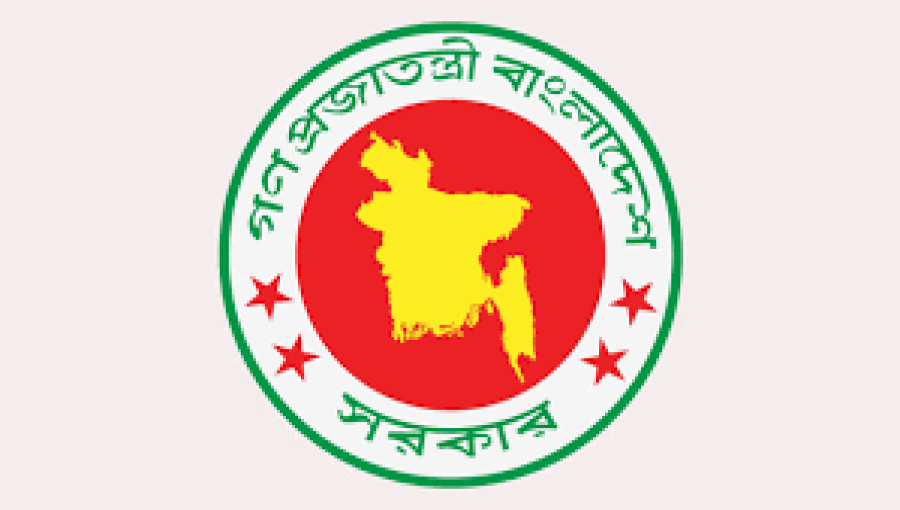

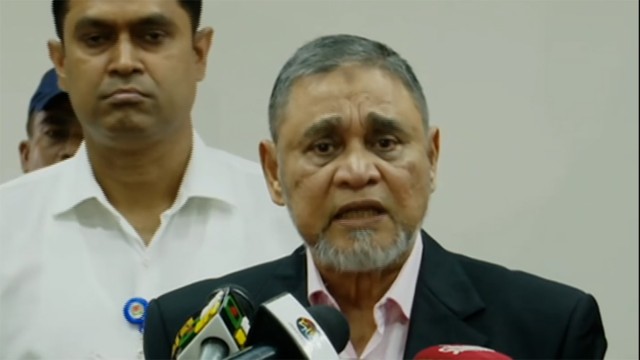
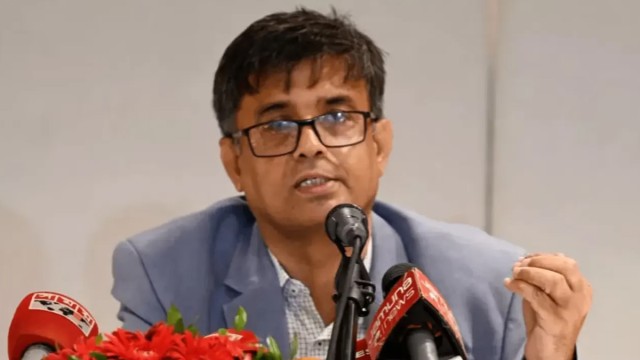
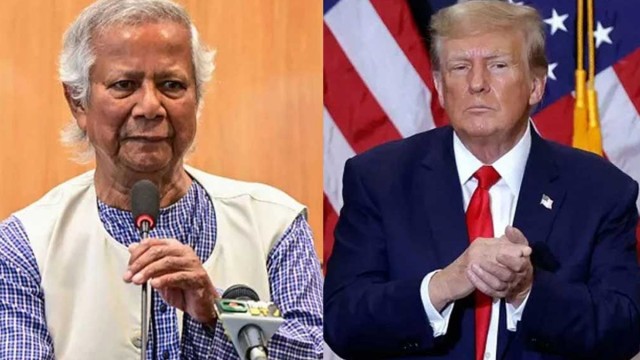
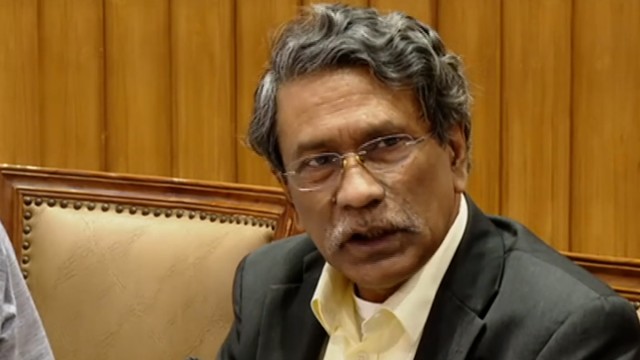
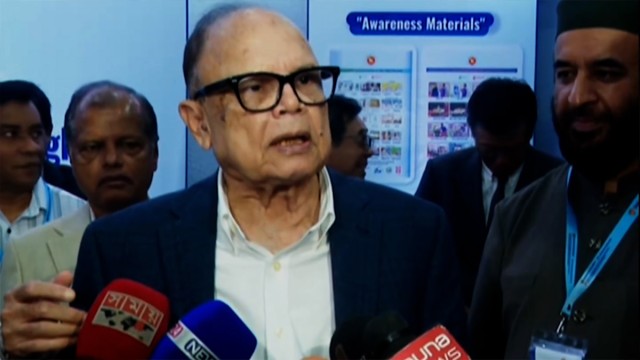

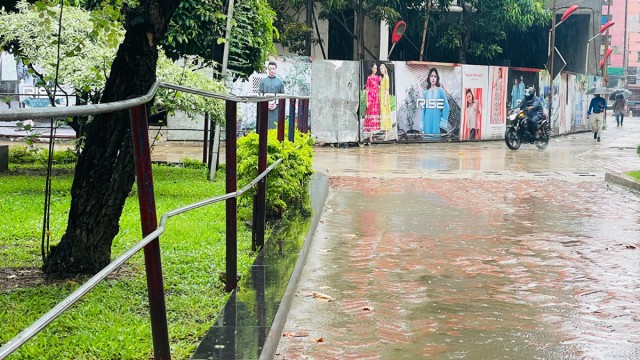




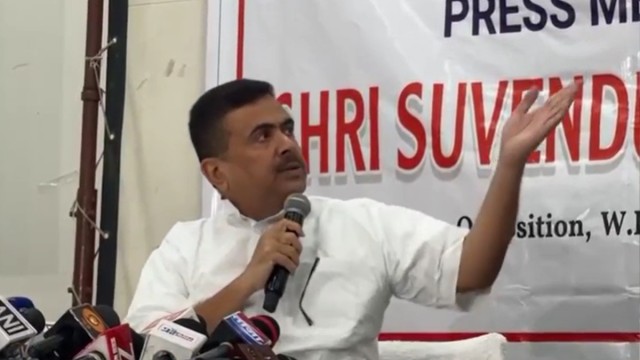


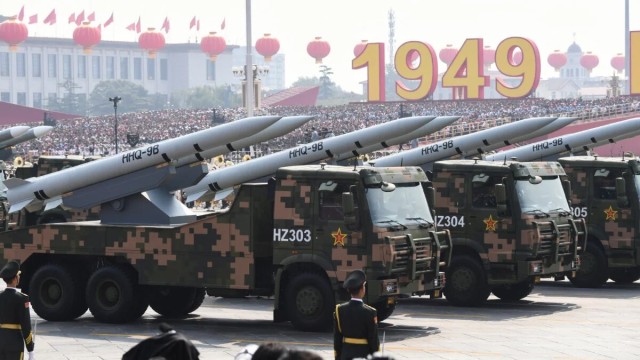


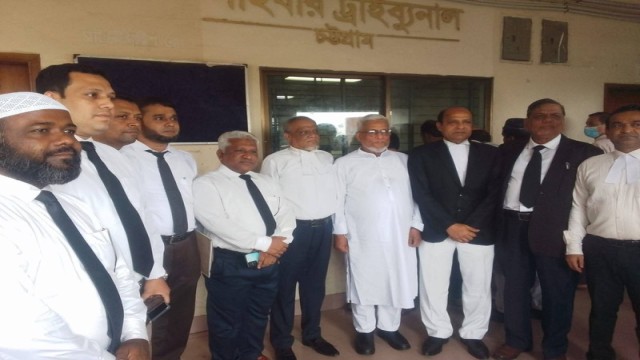


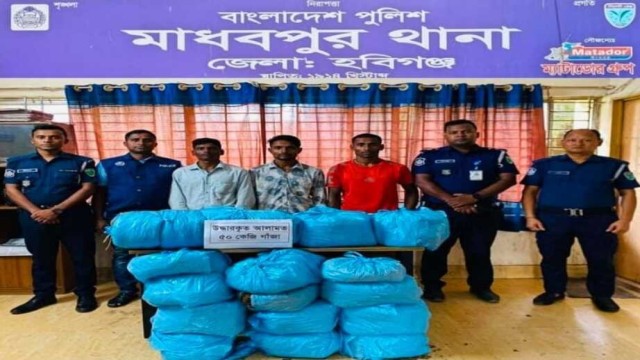

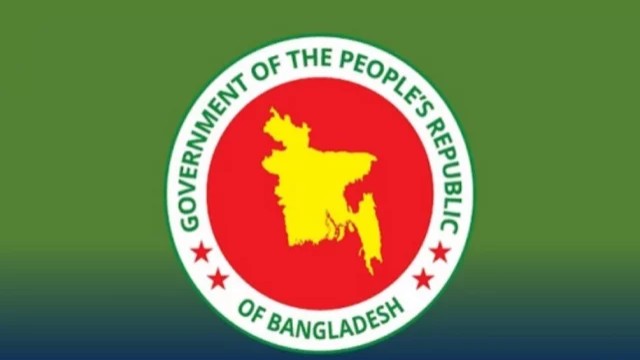



Comment: